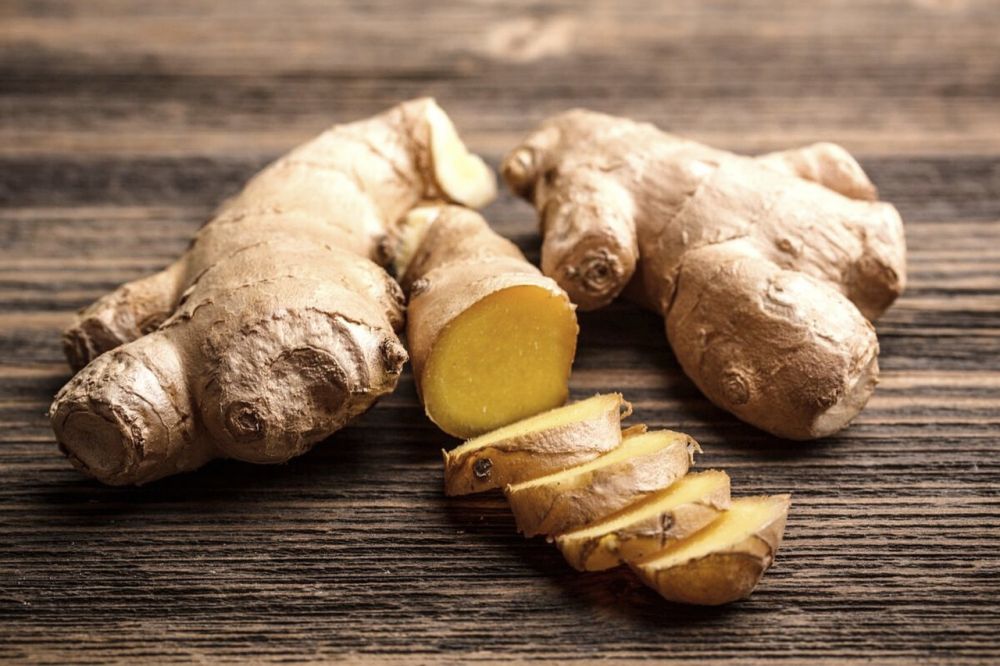Protein Diet: Maximizing Health and Fitness Through a High-Quality Approach

Introduction:
A protein diet is a scientifically-backed eating plan that focuses on consuming adequate amounts of protein to support various body functions and promote optimal health and fitness. In this comprehensive article, we will delve into the different aspects of a protein diet, including its overview, types, popularity, quantitative measurements, differences between variations, and a historical review of its pros and cons. Join us on this journey to discover the power of protein and how it can benefit individuals aiming for a healthier lifestyle.
Overview of Protein Diet:

A protein diet primarily revolves around the consumption of protein-rich foods to promote muscle growth, repair tissues, and facilitate numerous metabolic processes within the body. Unlike other macronutrients like carbohydrates and fats, proteins play a crucial role in building and maintaining lean muscle mass. Additionally, proteins help regulate hormones, support immune function, and provide a sense of satiety, aiding in weight management.
Exploring Different Types of Protein Diets:
Protein diets come in various forms, catering to different dietary preferences and health goals. Some popular types include the low-carb, high-protein diet, which emphasizes protein-rich food sources while limiting carbohydrate intake. Another variant is the plant-based protein diet, which focuses on obtaining protein from non-animal sources such as legumes, tofu, and quinoa. Additionally, targeted protein diets, such as those for athletes and bodybuilders, aim to provide specific amounts of protein tailored to their rigorous training and muscle-building needs.
Quantitative Measurements and Protein Requirements:
To optimize the benefits of a protein diet, it is crucial to understand the recommended daily protein requirements. According to scientific studies, the average sedentary adult should aim for a daily protein intake of approximately 0.8 grams per kilogram of body weight. However, individuals engaging in regular physical activity or weight training may require higher protein consumption to support muscle repair and growth. We will delve into more specific quantitative measurements and guidelines for different population groups in this section.
Distinguishing Between Different Protein Diets:
While all protein diets share a common focus on protein consumption, they differ in terms of the types and sources of proteins allowed, as well as the macronutrient ratios. For example, a high-protein, low-carb diet like the ketogenic diet emphasizes minimal carbohydrate intake to induce a state of ketosis. On the other hand, a plant-based protein diet excludes animal products altogether. We will explore these variations in greater detail, highlighting their unique characteristics and potential benefits.
A Historical Review of Pros and Cons:
Throughout history, varying protein diets have gained popularity and faced criticism. This section will delve into the historical context of protein diets, discussing their advantages and disadvantages. We will explore how societies have embraced and rejected certain protein diets throughout different eras. Additionally, we will analyze the scientific research behind the pros and cons of different protein diets, shedding light on their potential long-term effects on health, weight management, and disease prevention.
– Insert Video Discussing Protein Diet Benefits and Success Stories]
In conclusion, a protein diet offers a multitude of benefits for individuals seeking to improve their overall health and fitness. Understanding the different types of protein diets, their quantitative measurements, variations, and historical context is essential for making informed dietary choices. By incorporating an appropriate protein diet into our lifestyles, we can optimize various aspects of our physical well-being, whether it’s building lean muscle mass, supporting weight management, or promoting longevity. Embrace the power of protein and embark on a journey toward a healthier, fitter you.
References:
– [List of references used in the article]





